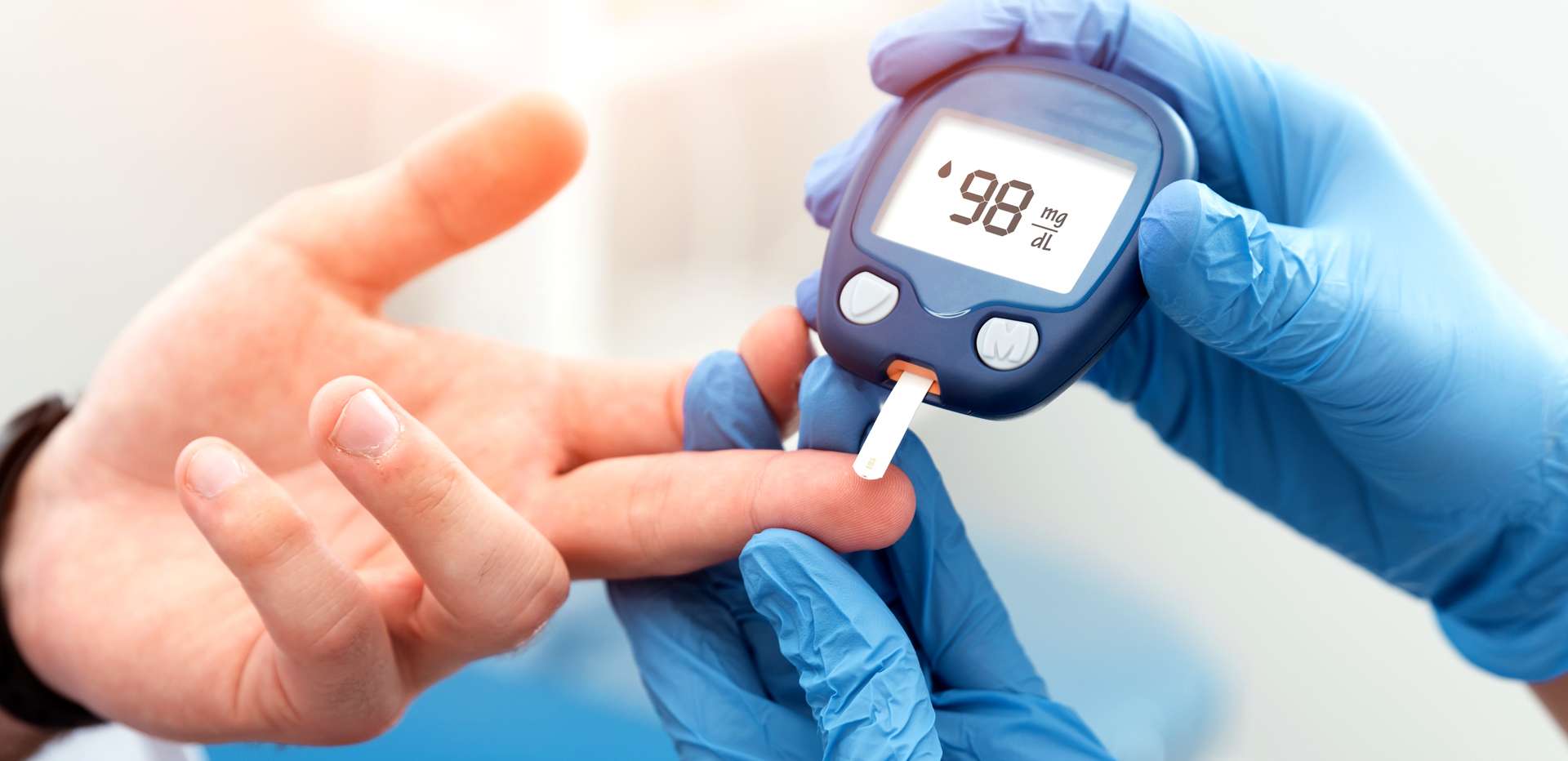Typhoid fever, caused by the bacteria Salmonella Typhi, remains a significant health concern in many parts of the world, including the UK. Though uncommon in the UK, it is often contracted while travelling to countries with poor sanitation and hygiene standards. Understanding the warning signs of typhoid can help in seeking timely medical attention and preventing complications. This article highlights the key symptoms, causes, and preventive measures, including the role of typhoid vaccination.
What are the Early Signs of Typhoid?
Typhoid fever symptoms typically appear one to two weeks after exposure to the bacteria. The early signs of typhoid may include:
- High Fever – A persistent fever that starts mild and gradually rises to as high as 39-40°C.
- Weakness and Fatigue – A feeling of extreme tiredness and lack of energy is common.
- Abdominal Pain – Stomach cramps or discomfort, often accompanied by bloating, may occur.
- Headache – A dull, persistent headache is a frequent complaint among individuals with typhoid.
- Loss of Appetite – People often report a reduced desire to eat, leading to weight loss in prolonged cases.
- Dry Cough – A persistent, dry cough is an early symptom for many.
If untreated, these signs may progress to more severe symptoms. Recognising typhoid fever symptoms early is crucial to preventing complications.
Progressive Symptoms of Typhoid
Without prompt treatment, typhoid fever can lead to worsening health conditions, such as:
- Severe Diarrhoea or Constipation – Both are possible and can vary from person to person.
- Rash – Some individuals develop small, rose-coloured spots on their chest or abdomen.
- Confusion – A high fever may lead to mental confusion or delirium in severe cases.
- Intestinal Complications – In rare cases, untreated typhoid can cause perforation of the intestines, which requires emergency medical intervention.
Causes and Risk Factors
Typhoid fever is linked to the ingestion of contaminated food or water. This is why travellers to areas with limited access to clean water and proper sanitation are at higher risk. Common sources of the bacteria include:
- Drinking water contaminated with human waste.
- Consuming raw or undercooked food handled by infected individuals.
- Poor hygiene practices.
Typhoid fever treatment usually involves antibiotics to eliminate the bacteria. Additionally, patients are advised to rest, stay hydrated, and follow a nutrient-rich diet during recovery.
Prevention Through Typhoid Vaccination
The best way to prevent typhoid fever is by maintaining good hygiene practices and receiving a typhoid fever vaccine before travelling to high-risk areas. The typhoid injection vaccine offers effective protection and is particularly recommended for people visiting countries in South Asia, Africa, and Latin America.
The typhoid vaccine duration varies depending on the type of vaccine received. Typically, injectable vaccines offer protection for about three years. For longer-term travel plans, you may need to consider a booster dose. Consult your doctor to understand which vaccine is suitable for you.
Shield Yourself Against Typhoid Fever at Touchwood Pharmacy
Typhoid fever can be prevented with proper hygiene and timely vaccination. Recognising the early signs and seeking prompt treatment are vital to avoid complications. If you’re planning to travel to high-risk areas, protect yourself with a typhoid vaccination.
Book your typhoid vaccination appointment at Touchwood Pharmacy today! Our expert team ensures a quick and comfortable vaccination experience, giving you peace of mind for your journey. Protect yourself and your loved ones – schedule your visit now!


























